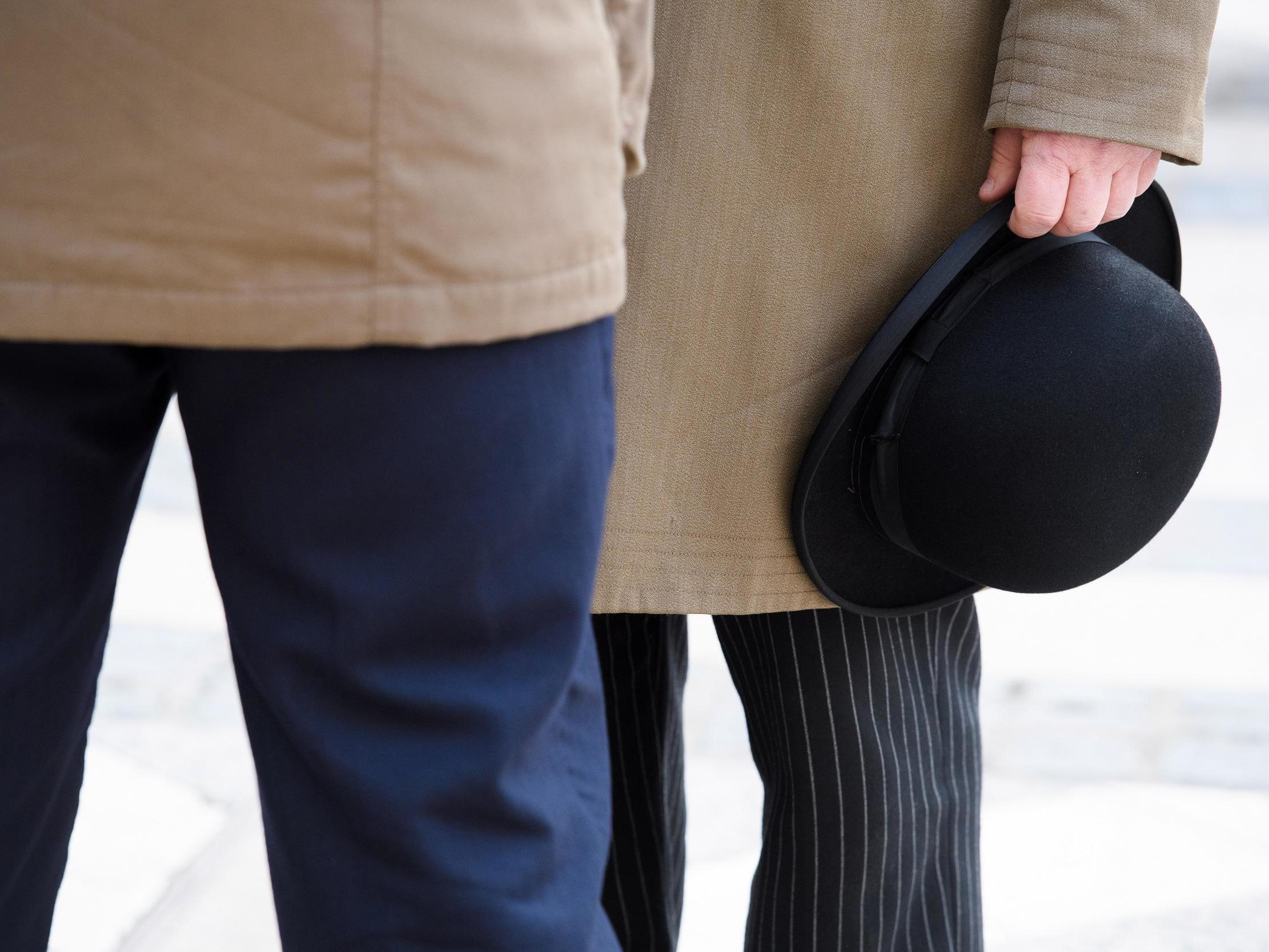Half of British workplaces now dress smart-casual, survey finds
Suits are quickly disappearing from dress codes as workplaces liberalise

Only one in eight British workplaces now enforce a smart dress code, according to a new survey.
Research revealed the trend set by Steve Jobs and Sir Richard Branson in staff, managers and directors abandoning shirts and ties in favour of more comfortable day-to-day attire, is still growing.
Half of workers now follow a casual or smart casual dress code at work, allowing for jeans and other dress-down styles, according to the poll.
Just 12 per cent of those surveyed said management still insisted on a smart dress code and 16 per cent said they are required to wear a specific uniform.
One in five considered the rules at their place of work to be "mostly smart", allowing freedom for casual items of clothing.
Three quarters believed that workplace attire has become more casual across different industries in the last decade.
“As work hours have increased and the ‘always on’ culture has come to prominence thanks to developments in tech and connectivity, the lines between our work lives and our home lives have blurred," said a spokesperson for search platform Lyst, which commissioned the poll. “This meeting of worlds is reflected in our expected work dress codes.
“Work is no longer siloed off from the rest of our lives, and therefore it is right that the rules around dress codes in the workplace have become more relaxed.
The research also assessed the position of jeans in British culture, with 75 per cent of the 2,000 adults surveyed viewing the clothing as a key component of their style and the average respondent owning five pairs.
The most popular fit for jeans was the straight leg look, with over a third opting for the classic style.
The poll also found that the most popular denim product after jeans WAs the denim jacket, which hangs in three in 10 wardrobes across the country.
One in five owned a denim shirt, and 16 per cent had a denim skirt in their clothes drawer.
SWNS
Join our commenting forum
Join thought-provoking conversations, follow other Independent readers and see their replies
Comments
Bookmark popover
Removed from bookmarks